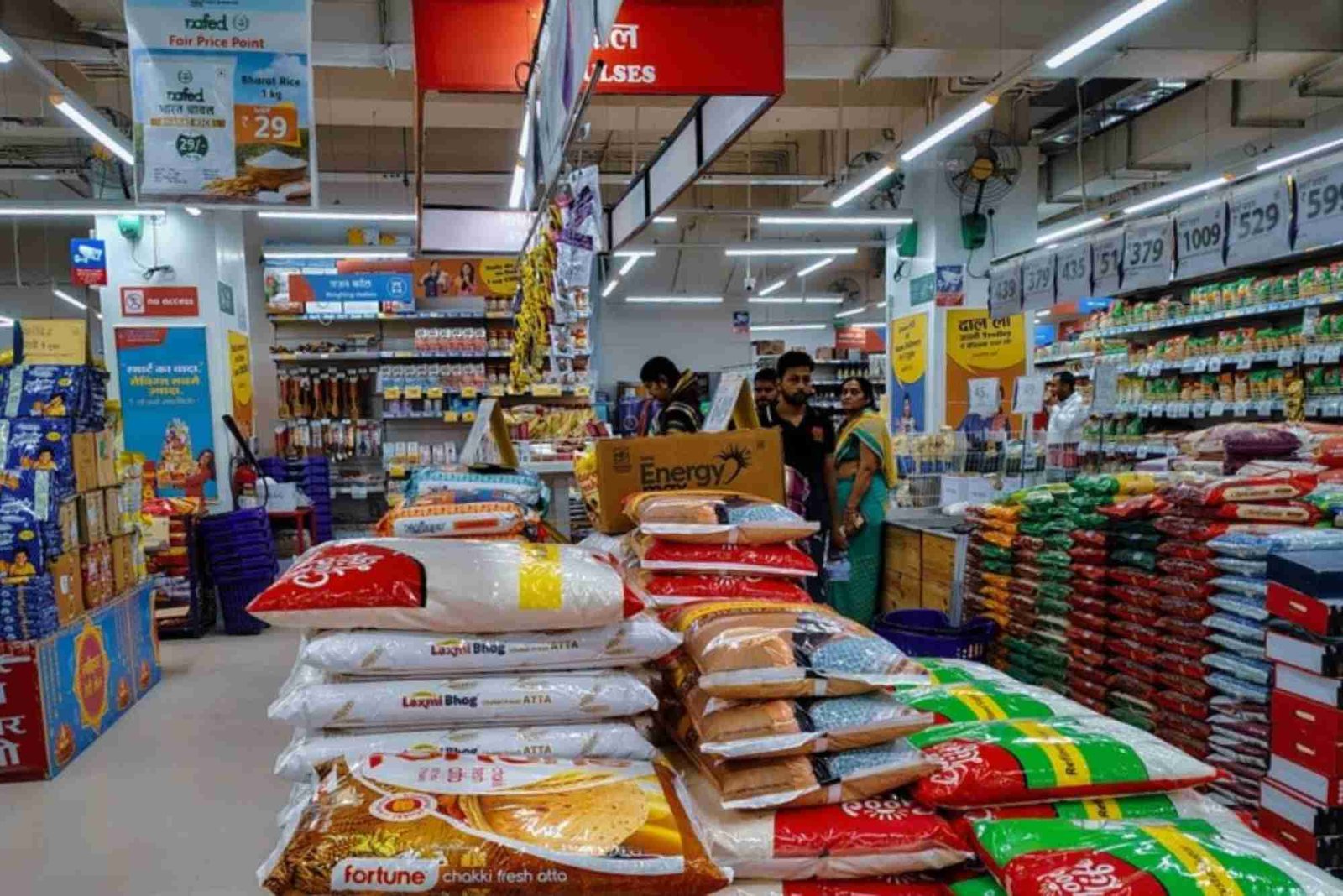FMCG Companies in Mozambique: An In-Depth Guide
Mozambique’s fast-moving consumer goods (FMCG) sector has become a vital part of its economy, with several companies delivering everyday products that drive consumer spending. This article explores the top FMCG companies in Mozambique, the industry landscape, major product categories, and how these companies contribute to the country’s economic growth.
Overview of the FMCG Industry in Mozambique
The FMCG sector in Mozambique includes various product categories such as food, beverages, personal care, and household items. Despite challenges such as fluctuating consumer spending power, the market is steadily growing, fueled by demand for affordable, essential products. The presence of both local and international FMCG companies is shaping the competitive landscape, making this sector one of Mozambique’s key economic drivers.
Key FMCG Companies in Mozambique
CDM – Cervejas de Moçambique
CDM, a prominent name in Mozambique’s FMCG industry, specializes in beverages, primarily focusing on beer production. As a subsidiary of AB InBev, CDM leverages international expertise while catering to local tastes.
Coca-Cola Sabco Mozambique
Coca-Cola Sabco is responsible for manufacturing and distributing Coca-Cola products in Mozambique. FMCG Companies In Mozambique Its extensive product line includes carbonated drinks, juices, and bottled water.
Grupo SOICO
Grupo SOICO is a diversified company that offers various consumer products. They cover a range of industries, including media and FMCG, with a portfolio that serves Mozambican households extensively.
Mozfoods
Mozfoods focuses on food processing and distribution, aiming to provide locally-sourced food products. Mozfoods plays a vital role in promoting agricultural sustainability while catering to Mozambican consumers.
SAB Miller Mozambique
SAB Miller, a key player in the Mozambican beverage industry, has a robust market presence, particularly in alcoholic beverages. They contribute significantly to employment and economic growth.
Unilever Mozambique
Unilever has a diverse portfolio, from personal care to food products. With global brand power, Unilever provides Mozambican consumers with well-known products, including soaps, detergents, and packaged foods.
Nestlé Mozambique
Nestlé operates across Mozambique, offering a wide range of products from dairy to nutrition. Its commitment to quality and local adaptation has made it a reliable choice among Mozambican families.
The Economic Impact of FMCG Companies in Mozambique
The presence of FMCG companies significantly contributes to Mozambique’s economic growth by generating employment, fostering local production, and promoting trade. Companies that invest in local resources and production facilities help reduce imports, stimulate economic activity, and create opportunities for small and medium enterprises to participate in the FMCG supply chain.
Challenges Facing FMCG Companies in Mozambique
Mozambique’s FMCG companies encounter several challenges, including:
- Supply Chain Issues: Infrastructure challenges can disrupt product delivery across regions.
- Economic Volatility: Currency fluctuations impact pricing and profitability.
- Regulatory Environment: Companies need to adapt to changes in taxes, import/export rules, and quality standards.
Future Outlook of the FMCG Industry in Mozambique
As urbanization and income levels rise, Mozambique’s FMCG sector is expected to grow. Investments in local production and sustainable practices will likely become essential strategies for companies aiming to build long-term consumer trust and expand their market share.
Frequently Asked Questions (FAQs)
1. What is an FMCG company?
FMCG companies produce and sell goods that are in high demand and have quick turnover, such as food, beverages, and personal care items.
2. Which are the leading FMCG companies in Mozambique?
Top companies include CDM, Coca-Cola Sabco, Unilever, Nestlé, and Mozfoods.
3. What are the main challenges for FMCG companies in Mozambique?
The primary challenges are supply chain issues, economic volatility, and regulatory complexities.
4. Why is the FMCG sector important to Mozambique’s economy?
It generates employment, reduces import dependency, and enhances access to essential consumer goods.
By staying informed about the FMCG sector in Mozambique, consumers and investors can gain valuable insights into a market poised for growth and innovation.




